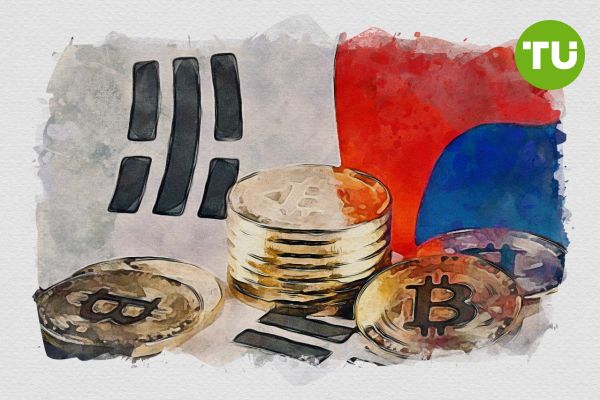Democratic Party of South Korea extends crypto tax delay to 2027
 South Korea delays crypto tax until 2027
South Korea delays crypto tax until 2027
South Korea’s Democratic Party has shifted its stance on the country’s cryptocurrency gains tax, agreeing to delay its implementation until 2027.
The decision was reached following negotiations with the ruling People’s Power Party (PPP) and government officials, who proposed the postponement to allow the digital asset market to stabilize, according to Cointelegraph.
At a press conference on December 1, Democratic Party floor leader Park Chan-dae confirmed the two-year deferral, pushing the tax’s introduction beyond its original January 2025 start date. Park stated that the main goal of the agreement is to provide the market and investors with sufficient time to adapt.
The tax law, initially scheduled to take effect in 2023, was previously postponed to 2025 due to concerns over market readiness and regulatory clarity. The latest agreement extends the implementation date by another two years, reflecting ongoing political and public debate over cryptocurrency regulation.
Political back-and-forth
The PPP, which proposed a three-year delay to 2028, argued that hastily imposing the crypto tax would harm the market and deter investors. Party representatives stressed the need for a more gradual approach to ensure that the tax does not stifle innovation or drive investors out of the country. The deferral aligns with the PPP’s campaign promises to support the digital asset market and its stakeholders.
Initially, the Democratic Party opposed delaying the tax, accusing the PPP of using the deferral as a political tactic ahead of elections. Instead, the Democratic Party proposed raising the tax threshold from $1,800 to $36,000, targeting only major investors. However, the Democratic Party ultimately agreed to the delay after weeks of debate.
Market reaction
The decision to postpone the tax has drawn mixed reactions. While some investors welcomed the delay, critics argue that the postponement reflects indecision in addressing the growing cryptocurrency market. Arthur Hayes, co-founder of BitMEX, commented on social media, “The bull market can continue cap gains tax in Korea postponed for 2 more years.”
Loading...
What’s next?
With the new implementation date set for 2027, policymakers are expected to refine the tax framework to balance market growth and regulatory oversight. Both parties acknowledge the need for a fair and effective system, indicating that debates over South Korea’s cryptocurrency tax are far from over.













































































































































